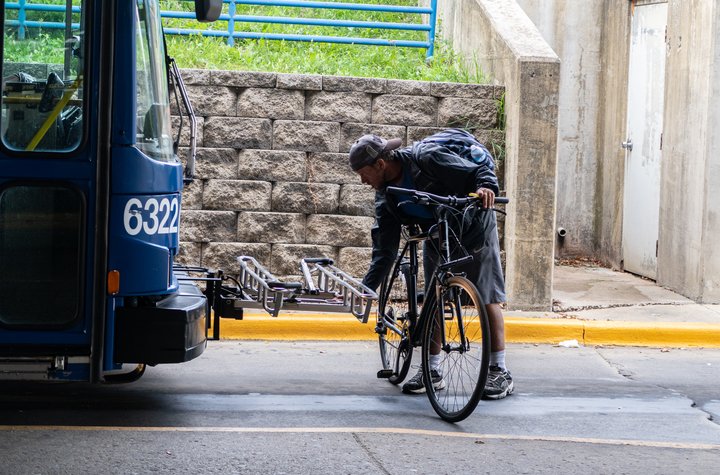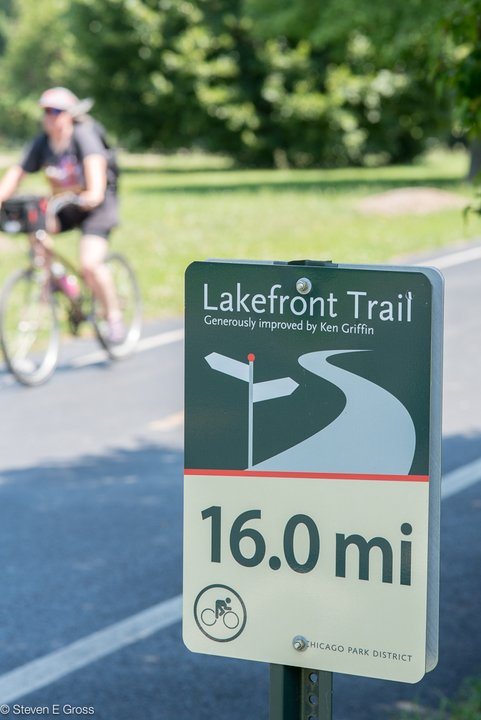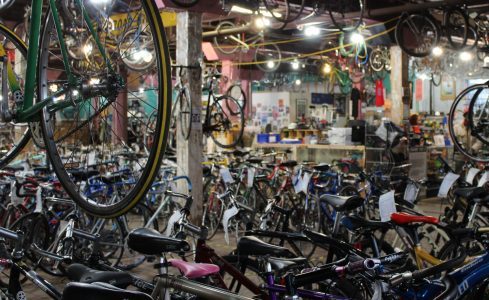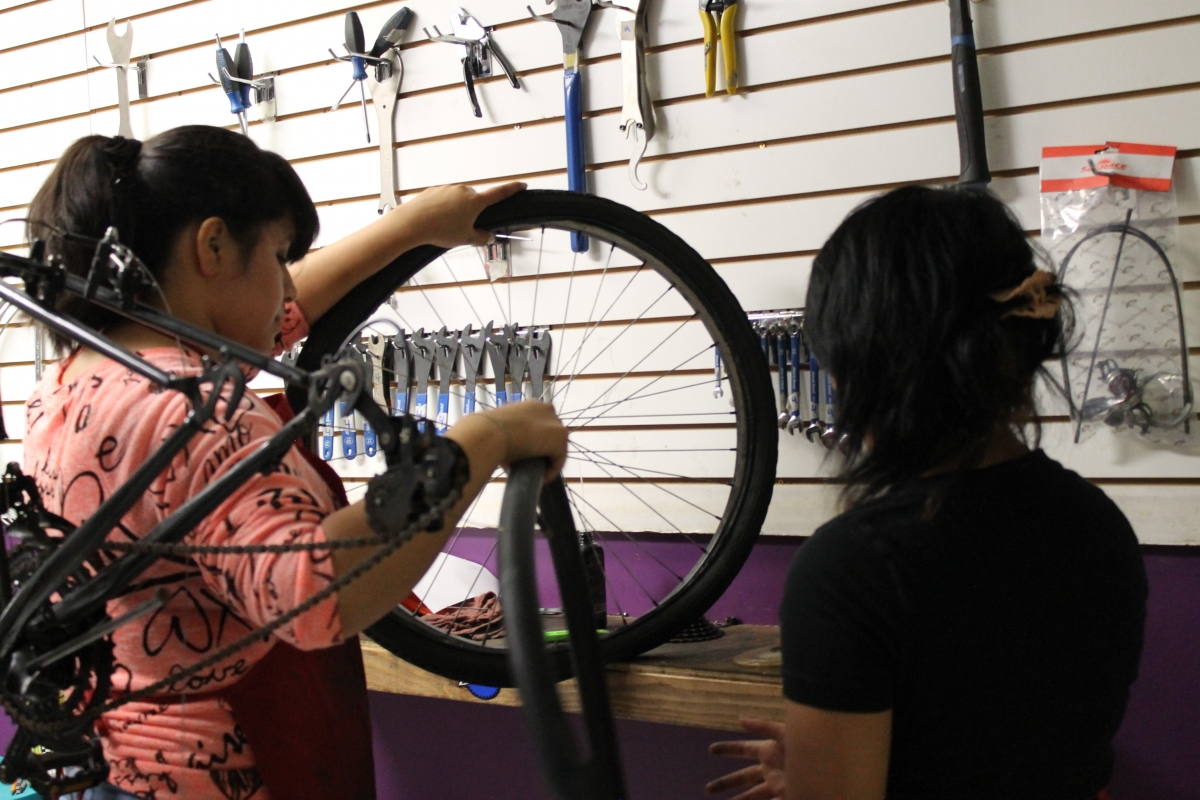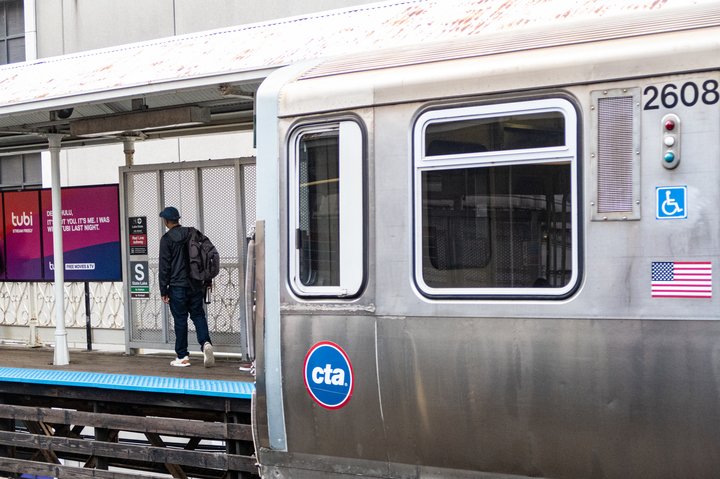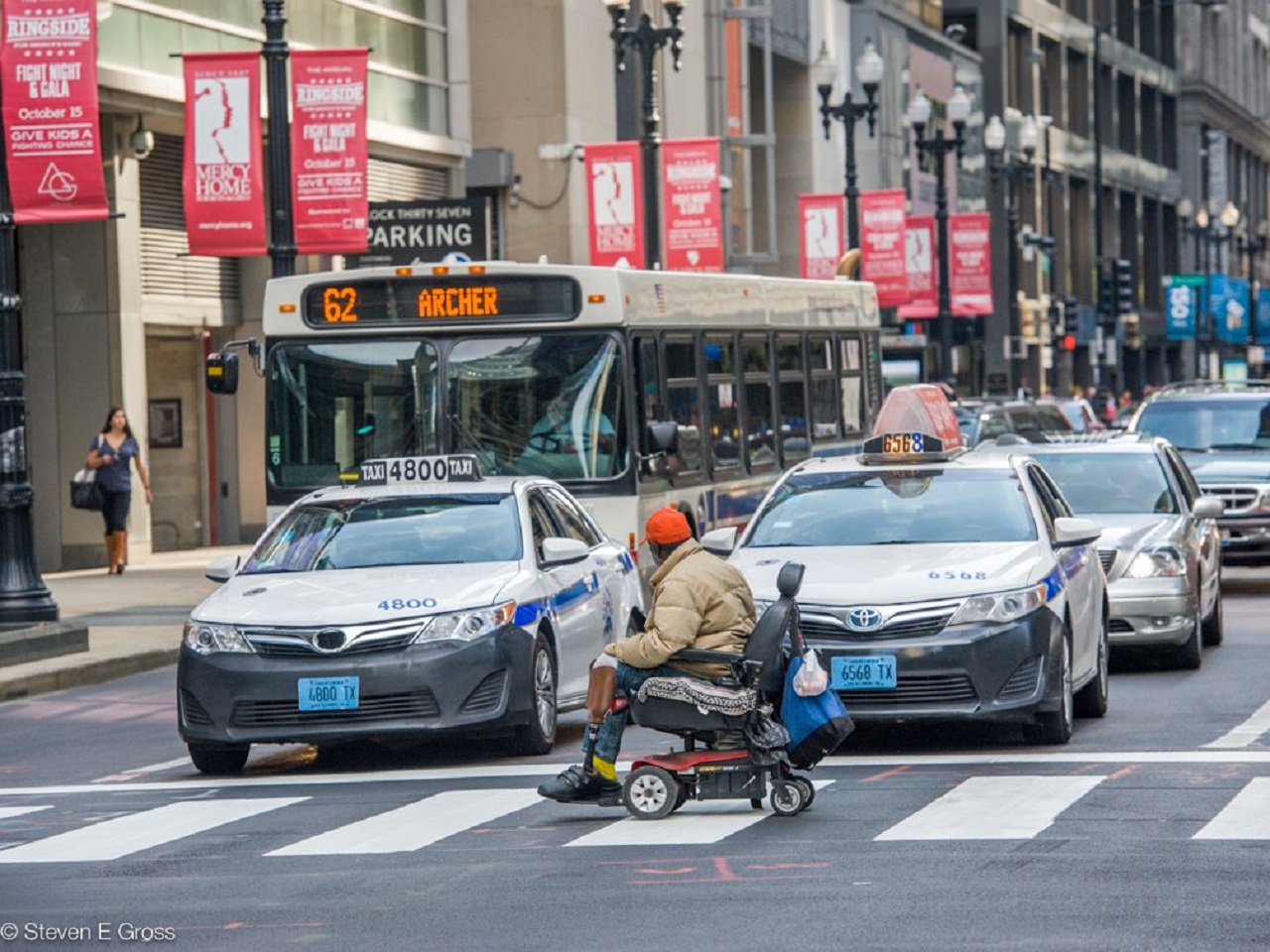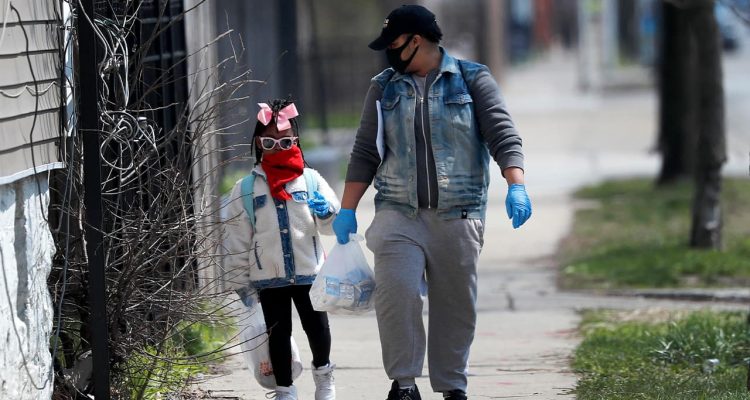
Safe walking and biking during COVID-19
The COVID-19 public health crisis and the current stay at home order are directly impacting the way most of us move on a daily basis. Many questions have arisen over what this means for walking and biking and how to safely navigate sidewalks, streets, and trails. During this time, it is important to follow public health guidelines. Although it seems to conflict with our mission as a transportation advocacy group to say, please stay home as much as you can. We're confident it will help save lives and prioritize our streets for essential workers who are on the frontlines serving all of us. If you do need to go outside for an essential walking or biking trip, or a brief...



